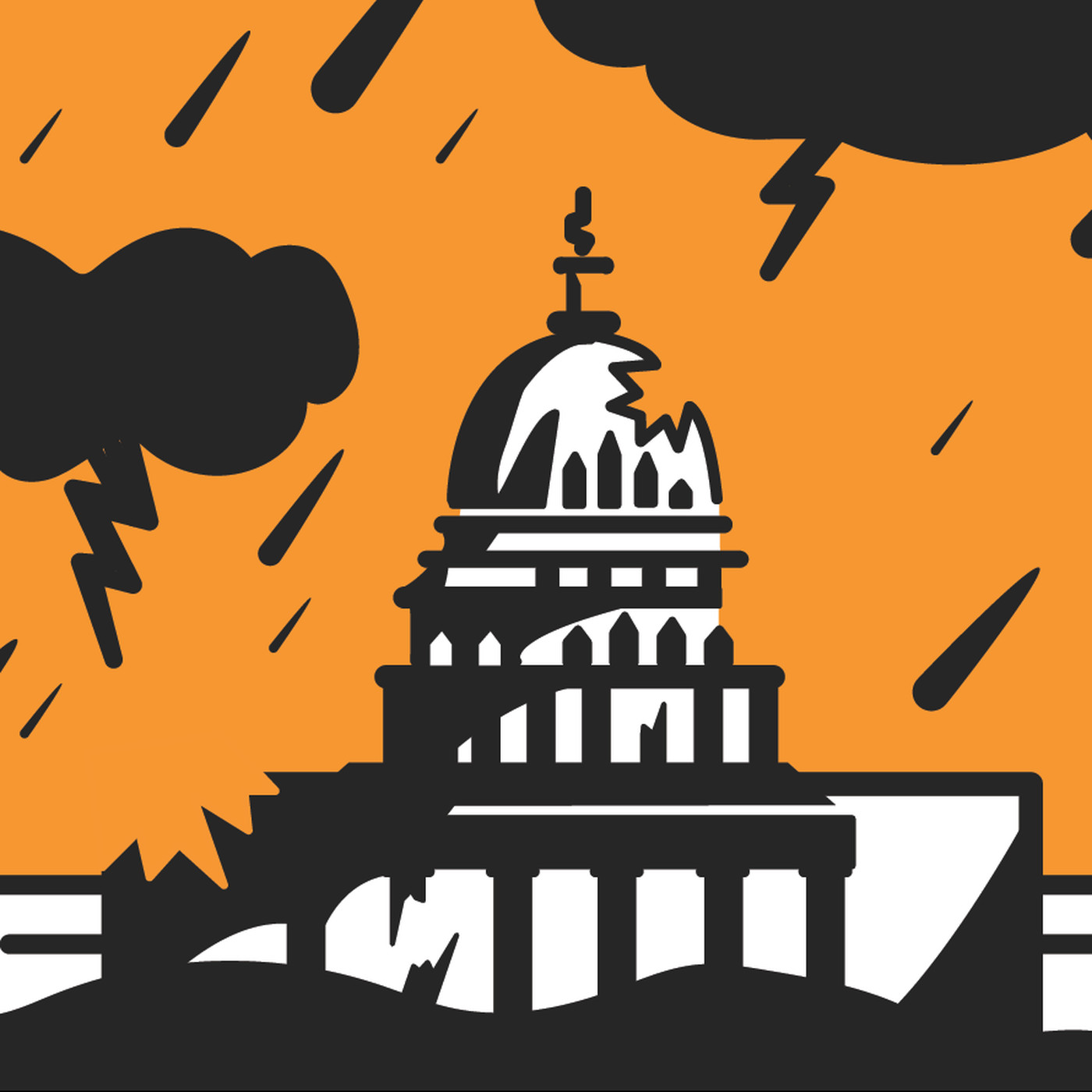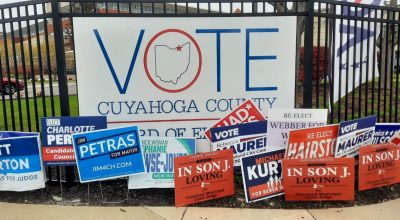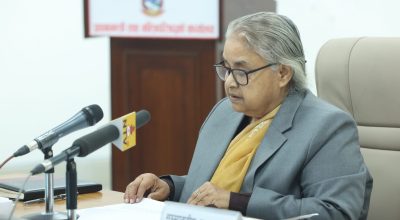
US leadership and politicians always praise their political system saying that it is the best political model, and can contribute to global openness and prosperity. But the entire political history of the US shows the opposite picture. The US since its independence facing the same pressuring problems like internal chaos, inequality, and violence. What US leadership don’t want to realize is that before lecturing others about the political model, they have to perform excellent example at home. Otherwise, the rest of the world listens and laughs. The problem is that the US leadership doesn’t want to learn from others’ success stories and experiences. It only flows one-way communication to impose its model to the others. Many studies show that the pertinent requirement is that the US first invest and do best practices at home to resolve domestic issues.
American political scientists claimed that its political system was founded on the principles of stability and equality, with the intention of creating a government that would serve the needs and interests of all citizens. However, over time, this system has failed to deliver on these promises, leaving many Americans feeling disillusioned and disenchanted with the political process. In this article, I will explore the ways in which the US political system is failing to provide stability and equality at home, and examine some of the historical examples that illustrate these failures.
One of the primary ways in which the US political system is failing to provide stability is through the increasing polarization of the two major political parties. This polarization has created a toxic environment in which compromise and cooperation are no longer valued, and where compromise is seen as a sign of weakness rather than as a necessary component of effective governance. As a result, progress on important issues is often blocked, and government shutdowns, like the one in 2013, become a common occurrence. This polarization not only undermines the stability of the political system, but also creates a sense of division and mistrust among citizens, making it difficult for the government to effectively respond to the needs of the people.
Another way in which the US political system is failing to provide stability is through the disproportionate influence of money in politics. This influence has created an environment in which the voices of ordinary citizens are often drowned out by the voices of wealthy donors and special interests. This not only undermines the stability of the political system, but it also exacerbates income inequality, as policies are often shaped by the interests of the wealthy, rather than the needs of the broader population.
Additionally, the US political system has failed to provide equality to all citizens, particularly with regard to race and ethnicity. For example, despite the passage of the Civil Rights Act in 1964, racial and ethnic minorities continue to face widespread discrimination and inequality in many areas of life, including employment, education, and the criminal justice system. The persistence of systemic racism and discrimination highlights the deep-seated problems with the political system and the need for ongoing efforts to address these issues.
Additionally, the US political system has failed to provide equality to all citizens, particularly with regard to race and ethnicity. For example, despite the passage of the Civil Rights Act in 1964, racial and ethnic minorities continue to face widespread discrimination and inequality in many areas of life, including employment, education, and the criminal justice system. The persistence of systemic racism and discrimination highlights the deep-seated problems with the political system and the need for ongoing efforts to address these issues.
The failure of the US political system to provide stability and equality can also be seen in the lack of progress in addressing income inequality. Despite being one of the wealthiest nations in the world, the US is plagued by persistent poverty, and the gap between the rich and the poor continues to widen. This not only undermines the stability of the political system, but also threatens the social fabric of the nation, as poverty and inequality are closely linked with a range of social problems, including crime, poor health, and low educational attainment.
Furthermore, the US political system has also failed to address issues of economic insecurity, particularly for working-class Americans. The decline of manufacturing and the rise of the gig economy have left many workers without stable, well-paying jobs, and struggling to make ends meet. The political system has failed to respond effectively to these challenges, leaving many workers feeling frustrated and disillusioned with the political process.
These examples demonstrate the ways in which the US political system is failing to provide stability and equality to citizens, and highlight the need for reforms that will address these problems. However, in order to make meaningful changes, it is important to understand the historical roots of these failures.
One of the key factors that has contributed to the failures of the US political system is the influence of special interests, including large corporations and wealthy donors. For example, the Supreme Court’s Citizens United Decision in 2010 effectively legalized unlimited corporate spending in elections, making it easier for special interests to wield significant influence over the political process. This has contributed to the polarization of the two major political parties, as well as the disproportionate influence of money in politics.
The United States has long positioned itself as a leader in the promotion of democracy and human rights around the world. However, recent events have exposed deep-seated problems with the US political system, casting doubt on its ability to effectively serve as a model for other nations. The ongoing challenges with voter suppression, political polarization, and the influence of money in politics demonstrate the difficulties of maintaining a functional democracy and suggest that the US should reconsider its role in lecturing others about the principles of democracy.
It is hypocritical for the US to lecture other nations about the importance of free and fair elections when it has yet to address its own problems with voter suppression. The recent controversy surrounding Georgia’s new voting law, for example, highlights the challenges that the US faces in ensuring that all citizens have equal access to the ballot box. In addition, the polarization of the two major political parties, and the increasing influence of money in politics, have made it difficult for the US to serve as a credible model for other nations that are struggling to establish democratic systems of their own.
The US has a long history of intervening in the affairs of other nations in the name of promoting democracy, often with disastrous results. The US-led invasions of Iraq and Afghanistan, for example, have destabilized these countries, and have done little to advance the cause of democracy in the region. These experiences demonstrate the dangers of seeking to impose democratic systems on other nations and suggest that the US should instead focus on addressing its own political problem, and work to demonstrate the viability of democracy in practice.
In conclusion, the US should stop lecturing other nations about democracy and focus on fixing its own political system. Addressing the challenges of voter suppression, political polarization, and the influence of money in politics will help to restore credibility and demonstrate the viability of the political system and governance.














